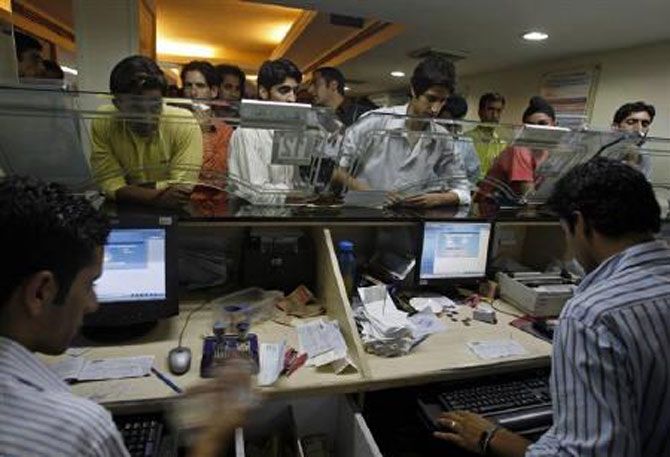
Jaimini Bhagwati explains why financial intermediaries and regulators should provide detailed and prompt information on wrong-doing
On 16 December 2015, a two-member Bench of the Supreme Court, in a 71-page judgment, dismissed Reserve Bank of India’s submission as a petitioner in eight cases and ruled that information sought by respondents has to be provided.
In this significant judgment, the Supreme Court upheld the orders of the Central Information Commissioner.
This same ruling also dismissed petitions of the National Bank for Agriculture and Rural Development in two cases and, one in which ICICI Bank was the petitioner. 1
Right to Information respondents had sought information about irregularities in bank lending, violations of the Foreign Exchange Management Act , money laundering and mis-selling of derivatives.
In one of the RBI related cases, the RTI respondent has sought details of loans extended to industrialists and particulars of top 100 defaulters and details of loans provided by public sector banks.

A separate case involves alleged financial irregularities committed by United Mercantile Cooperative Bank.
One of the two cases in which Nabard is the petitioner involves 86 non-performing asset accounts of the Maharashtra State Cooperative Bank amounting to Rs 3,807 crore (Rs 38.07 billion).
In the ICICI case, information was sought about banks which had violated FEMA guidelines and whether the Patna branch of ICICI had opened fictitious accounts.
Financial market analysts are currently suggesting that China’s currency could depreciate by 10 per cent against the US dollar in the next 12 months, dragging other emerging economy currencies down with it.
And, there could be a credit crunch depending on the course the US economy takes and if interest rates are raised again by the US Federal Reserve.
It follows that Indian companies which had borrowed heavily in foreign currencies are in a hurry to seek about $12 billion in the next three months to refinance existing borrowings.
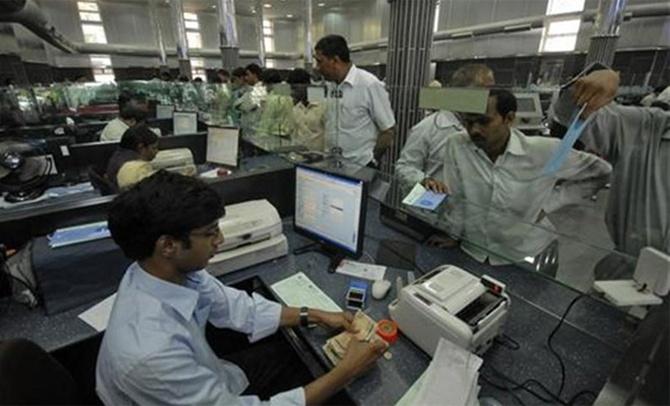
Anecdotal evidence indicates that several Indian firms had inflated costs of infrastructure projects, some of which are now stalled.
It is possible that banks were complicit in exaggerating project costs and, correspondingly, lending volumes were higher than warranted.
On the trade front the situation has been gloomy for India.
December 2015 was the 13th straight month that exports were down and gold imports are now up.
Indian equity markets have reverted to levels last seen about 20 months ago.
As concerns about slower growth in China and lower global demand persist, oil prices continue to trend downwards.
According to RBI’s recent Financial Stability Report, as of September 2015, gross non-performing assets and stressed assets of PSBs amounted to 6.2 per cent and 14.1 per cent, respectively.
The GNPA number could increase to eight per cent by March 2017 under a 'severe stress scenario'.
The Ministry of Finance has confirmed that in the current financial year it will provide Rs 25,000 crore (Rs 250 billion) to PSBs towards recapitalisation.
In the coming year another Rs 25,000 crore (Rs 250 billion) is to be provided. In July 2015, the ministry had indicated that their estimate of the amount PSBs would need over the next four years is Rs 1.8 lakh crore (Rs 1.8 trillion).
It is likely that the total amount needed would be substantially higher.
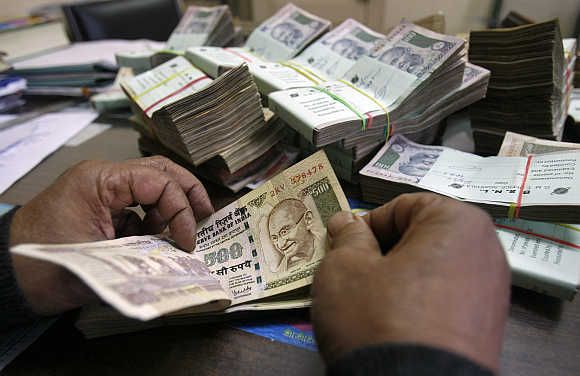
These international and domestic trends are why the Indian financial sector, including banks, non-banking finance institutions and regulators need to be watchful and take anticipatory action.
It is less than credible that if information on past misdoing by borrowers or financial intermediaries is made public the financial sector will be in disarray.
In the UK, the legal position about disclosure of information harks back to a seminal 1924 case called “Tournier versus National Provincial and Union Bank of England”.
At that time, the English Court of Appeal held that under normal circumstances banks must maintain confidentiality in their relationships with clients.
Importantly, it also ruled that such confidentiality was subject to a few exceptions including when: (a) disclosure is compulsory under law; and, (b) when there is a duty to the public to disclose.
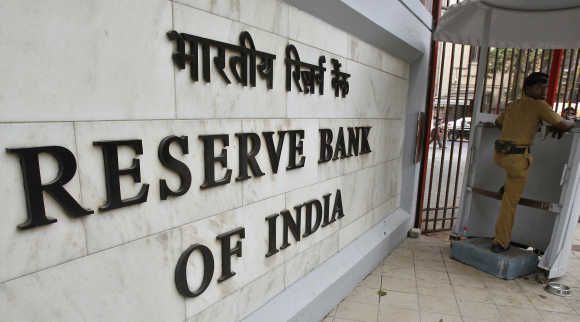
The principal argument of the CIC’s counsel was that the “right to information regarding the functioning of public institutions is a fundamental right as enshrined in Article 19 of the Constitution of India.”
The RBI counsel’s counter-argument was that as per the RBI Act, 1934, Banking Regulation Act, 1949 and Credit Information Companies (Regulation) Act, 2005, it cannot provide the information sought by respondents, since this could reduce public confidence in banks.
This in turn may lead to serious implications for financial sector stability and, thus, “adversely affect the economic interests of the State” and could be prejudicial to the “sovereignty and integrity” of India.
RBI’s counsel also argued that the Credit Information Companies Act came into force in December 2006 after the RTI Act of 2005 and, hence, overrides the latter.
Nabard’s plea was that revealing information about the inspection report on MSCB would “impede the process of investigation or apprehension or prosecution of offenders”.

The Supreme Court agreed with CIC’s counsel that right to information is inherent in Article 19 of the Constitution and is, thus, a fundamental right of citizens.
The judgment also stated that RBI’s submission that exceptions should be carved out of the RTI Act to “accommodate provisions of the RBI Act and Banking Regulation Act” is not tenable.
The Supreme Court’s comment on RBI counsel’s argument that making information about banking irregularities would endanger the country’s economic security was that this is “not only absurd but is equally misconceived and baseless. RBI ought to act with transparency and not hide information that might embarrass individual banks”.
According to lawyers, RBI, Nabard and ICICI can file an appeal for review with the same Bench or plead for moving the matter to a larger bench.
All issues considered, probity in the financial sector would be better served if this Supreme Court judgment is now accepted as settled law and it forces financial intermediaries and regulators to provide detailed information on wrong-doing on a prompt basis.
Jaimini Bhagwati is Chairman of the Liberal Democratic Party and a Professor at ICRIER
1. (https://supremecourtofindia.nic.in/FileServer/2015-12-16_1450252953.pdf)










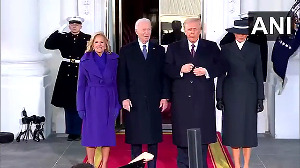

 © 2025
© 2025